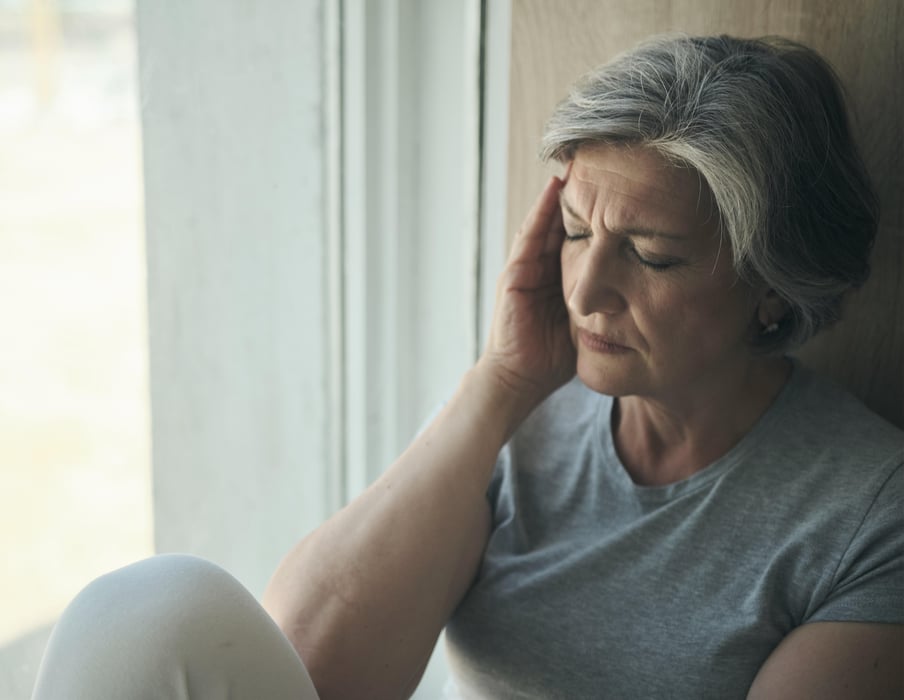Post-COVID-19 Condition Tied to Health Care Access Issues

WEDNESDAY, April 12, 2023 (HealthDay News) -- U.S. adults with post-COVID-19 condition (PCC) are more likely than other adults to have difficulty getting and paying for health care, according to a study published online April 10 in JAMA Network Open.
Michael Karpman, from the Urban Institute in Washington, D.C., and colleagues examined the association of PCC with access and affordability challenges among 9,484 surveyed U.S. adults (aged 18 to 64 years).
The researchers found that 36.4 percent of respondents reported ever being diagnosed with COVID-19, and among these respondents, 22.5 percent reported currently having PCC. After adjustment for differences in demographic, health, and geographic characteristics, adults with PCC were more likely than both adults with a COVID-19 diagnosis but no report of PCC and adults never diagnosed with COVID-19 to report unmet health care needs in the past 12 months because of challenges, including costs (27.0 percent versus 18.3 and 17.5 percent, respectively), difficulties finding clinicians accepting new patients (16.4 percent versus 10.1 and 10.7 percent, respectively), getting a timely appointment (22.0 percent versus 14.4 and 13.9 percent, respectively), and getting health plan care authorization (16.6 percent versus 10.8 and 10.3 percent, respectively).
"These findings suggest that policies aimed at improving access and affordability may focus on accelerating development of treatments and clinical guidelines, training clinicians, and addressing insurance-related administrative and cost barriers," the authors write.
Related Posts
SARS-CoV-2 Infection Linked to Increased Risk for Diabetes
TUESDAY, April 18, 2023 (HealthDay News) -- Severe acute respiratory syndrome...
Health Highlights: Oct. 20, 2022
Your hospital room affects outcomes after surgery. A new study finds key factors...
Health Highlights: May 9, 2023
FDA experts meet to consider first over-the-counter birth control product. If...
La soledad puede reducir la supervivencia tras un diagnóstico de cáncer, según un estudio
LUNES, 5 de junio de 2023 (HealthDay News) -- En Estados Unidos, hay una...
